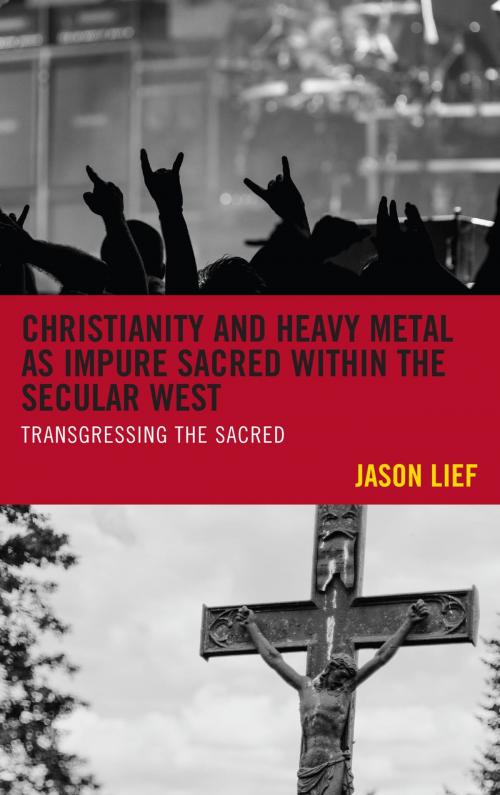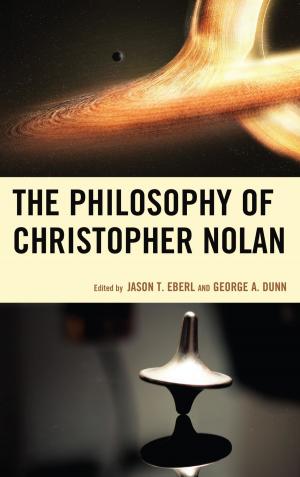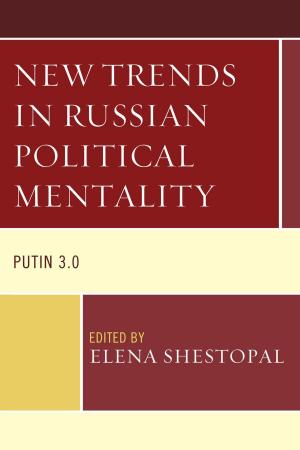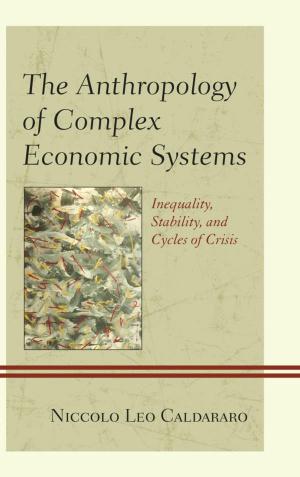Christianity and Heavy Metal as Impure Sacred within the Secular West
Transgressing the Sacred
Nonfiction, Entertainment, Music, Music Styles, Pop & Rock, Heavy Metal, Social & Cultural Studies, Social Science, Anthropology| Author: | Jason Lief | ISBN: | 9781498506335 |
| Publisher: | Lexington Books | Publication: | June 13, 2017 |
| Imprint: | Lexington Books | Language: | English |
| Author: | Jason Lief |
| ISBN: | 9781498506335 |
| Publisher: | Lexington Books |
| Publication: | June 13, 2017 |
| Imprint: | Lexington Books |
| Language: | English |
This book explores the symbolic connections between Christianity and Heavy Metal music in the context of the secular West. Heavy Metal uses symbols and imagery taken from Christianity, even if the purpose is to critique religion. This usage creates a positive connection with an interpretation of Christianity as a form of cultural critique. Given that Metal and Christianity are associated with Western culture, this book explores how Christianity and Heavy Metal function within the context of secularity as a form of ideological critique. Using the ideas of Emile Durkheim, Max Weber, and Charles Taylor as a starting point, this book explores the religious nature of secularism in the West interpreted in the immanent processes of politics and economics. In this connect, both Christianity and Heavy Metal provide a cultural critique through images of death, the grotesque, and sacrifice. By bringing this religious interpretation of secularism into conversation with the ideas of Georges Batailles, Slavoj Žižek, and Jürgen Moltmann, this book will demonstrate the positive relationship between Christianity and Heavy Metal.
This book explores the symbolic connections between Christianity and Heavy Metal music in the context of the secular West. Heavy Metal uses symbols and imagery taken from Christianity, even if the purpose is to critique religion. This usage creates a positive connection with an interpretation of Christianity as a form of cultural critique. Given that Metal and Christianity are associated with Western culture, this book explores how Christianity and Heavy Metal function within the context of secularity as a form of ideological critique. Using the ideas of Emile Durkheim, Max Weber, and Charles Taylor as a starting point, this book explores the religious nature of secularism in the West interpreted in the immanent processes of politics and economics. In this connect, both Christianity and Heavy Metal provide a cultural critique through images of death, the grotesque, and sacrifice. By bringing this religious interpretation of secularism into conversation with the ideas of Georges Batailles, Slavoj Žižek, and Jürgen Moltmann, this book will demonstrate the positive relationship between Christianity and Heavy Metal.















